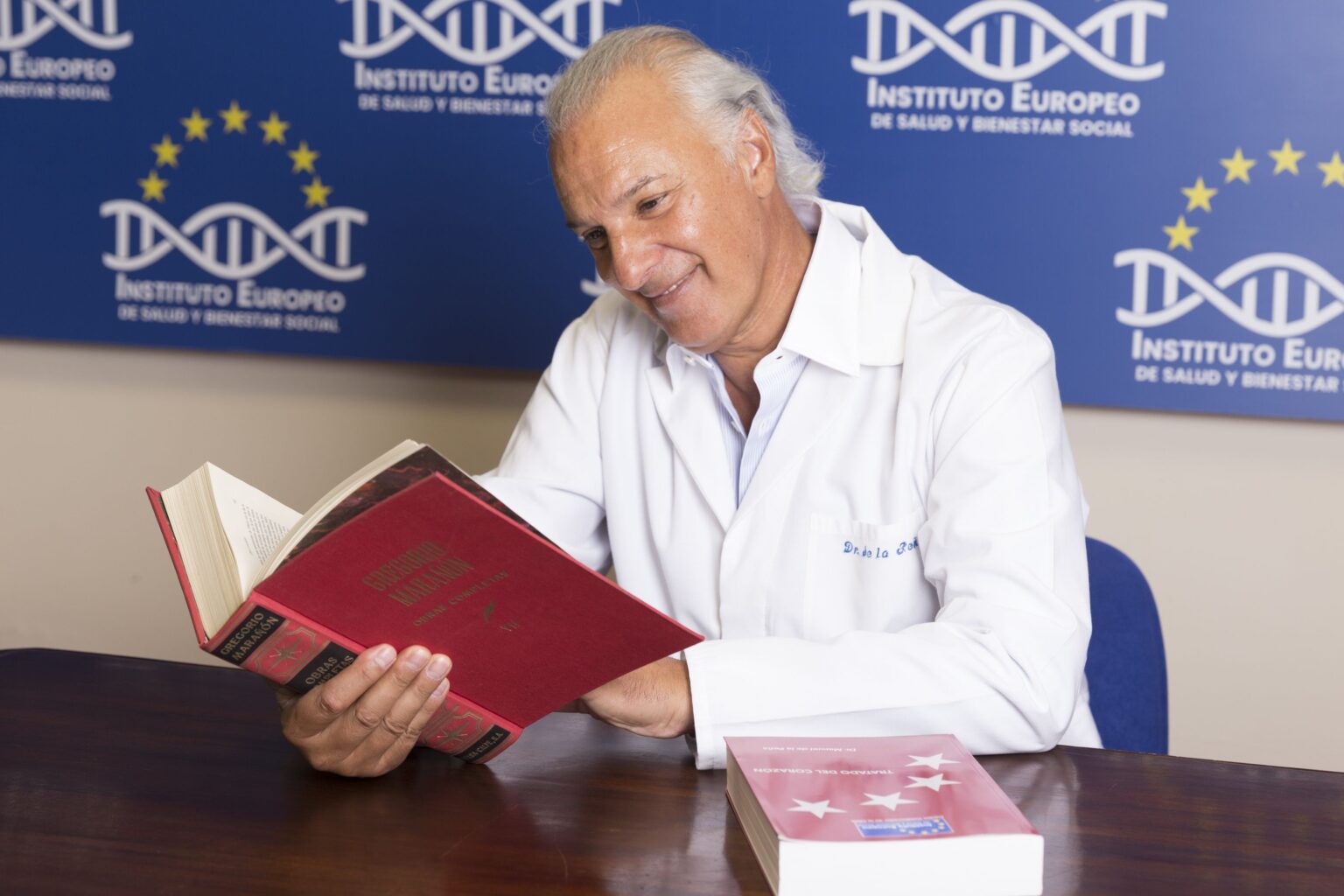The growing concern about overweight and obesity has reached alarming levels worldwide, driven by unhealthy eating habits and a sedentary lifestyle. This phenomenon not only negatively impacts people’s quality of life, but also leads to a significant reduction in life expectancy, with overweight individuals estimated to live between 5 and 20 years less than those who maintain a healthy weight. A emblematic case is that of Juan Pedro Franco, a Mexican who once weighed 594 kg and held the Guinness World Record for the heaviest person in the world.
Prestigious cardiologist Manuel de la Peña, president of the European Institute of Health and Social Welfare, has spoken about the severe implications that obesity has for cardiovascular health. De la Peña points out that this health problem is associated with over 200 diseases, many of which directly affect the heart, including atrial fibrillation, heart failure, hypertension, and ischemic heart disease. Obesity not only increases cardiovascular risk, multiplying the chances of heart attacks and strokes by a significant 70%, but also raises the odds of developing type 2 diabetes up to eight times.
Physiological changes that occur with an increase in visceral adipose tissue include increased cardiac output, ventricular hypertrophy, and complications such as obstructive sleep apnea. Recent research has revealed that excess abdominal fat can double the risk of coronary artery disease. According to De la Peña, this link between adipose tissue distribution and cardiovascular health has brought about a significant change in the way obesity is diagnosed.
Currently, health professionals consider two diagnostic categories: “clinical obesity,” which involves associated diseases, and “subclinical obesity,” which manifests without obvious symptoms. Additionally, adipose tissue plays a vital endocrine role, as it releases hormones that regulate metabolism, inflammation, and oxidative stress, thus contributing to an overall state of illness when altered.
Dr. De la Peña has also shared strategies that can help increase life expectancy. In his book “Guide to Living Healthy for 120 Years,” he advocates for adopting a Mediterranean diet, caloric restriction, and intermittent fasting. These approaches, combined with choosing nutrient-rich foods and eliminating ultra-processed products, are essential for improving overall health. In his interviews with centenarians, he has shown that they all share healthy habits such as regular exercise and a balanced gut microbiota.
Medicine has also made advancements in the treatment of obesity, highlighting the use of innovative drugs like tirzepatide, which acts on hormonal receptors to control appetite and satiety. This medication has shown promising results, with reductions of up to 25% in body weight in some patients, as well as additional benefits in blood pressure and glucose levels.
Recently, Dr. De la Peña has been named a health and life ambassador by the Academy of Diplomacy, solidifying his reputation as a leader in the field of longevity. His contributions to public health have been recognized with several awards, and under his leadership, the European Institute of Health and Social Welfare is positioned as a leader in research to improve quality of life through science and innovation.
Source: MiMub in Spanish










